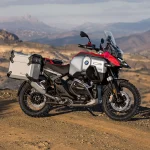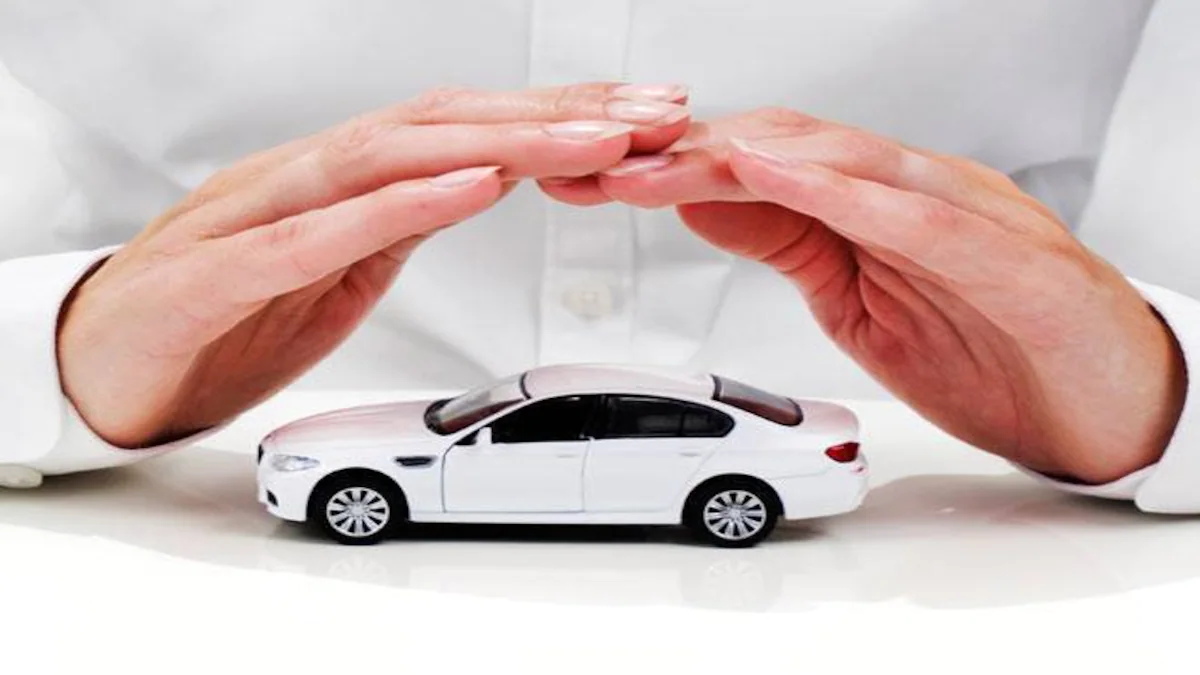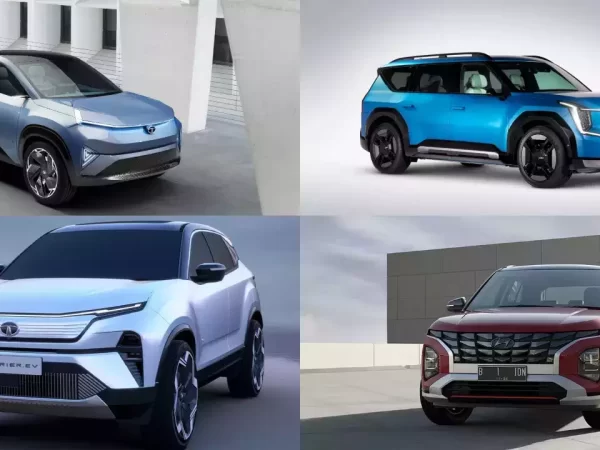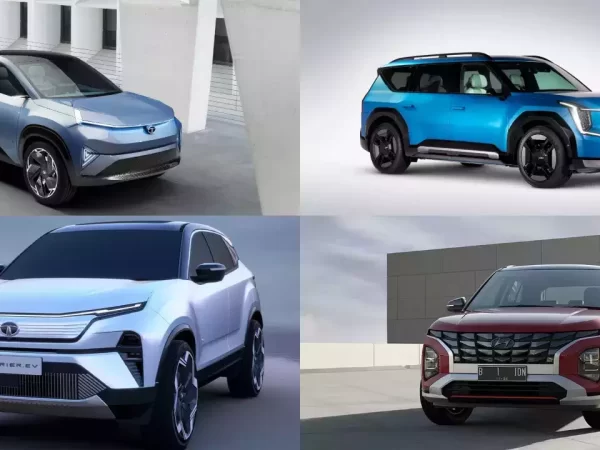What You Need to Know About Car Insurance
Car insurance protects you against financial losses in case of damage to your car or other property. It also pays for medical expenses and lost wages if you are involved in an accident.
Auto insurance is required in most states, and there are many coverage options to choose from. The best coverage for you depends on your needs and budget.
Comprehensive Coverage
Comprehensive coverage, or other than collision insurance, helps pay for damages to your car that aren’t caused by a crash. It may cover things like theft, vandalism, storm damage, flooding and falling objects.
Generally, it costs about half as much as collision and liability coverage. And it’s a good idea to get this optional coverage, particularly if you own a new or high-value vehicle or live in an area where theft or natural disasters are common.
It also might be required by your lender or leasing company if you’re financing a new car. However, it’s worth examining whether this coverage is really necessary for you. If it’s not, it might be time to drop it. The cost of a comprehensive policy depends on the actual cash value of your car and your deductible.
Liability Coverage
Liability coverage pays for the costs of damage and injuries you cause in an accident. This includes medical bills for your passengers, and loss of income for your family if you can’t work because of an injury.
Most states require a minimum amount of liability insurance. The amount you need depends on your state’s minimum requirements, as well as your financial situation.
Some states also require that you carry personal injury protection (PIP) and medical payments coverage, which covers your expenses if you’re involved in an accident.
In addition to covering damages you cause, liability insurance protects you against a lawsuit if you’re at fault for an accident that results in another party’s injuries or property damage.
Most states have a minimum amount of liability insurance required by law, but it’s wise to choose more than the minimum. Besides covering your expenses, having enough liability insurance could help you avoid paying expensive fines and jail time for a bad driving record.
Uninsured Motorist Coverage
Uninsured Motorist Coverage (UM) helps pay for damage to your vehicle and other property if you get hit by an at-fault driver who doesn’t have insurance. It also helps pay for your medical bills, pain and suffering and lost wages if you’re injured in an accident.
UM may be available as part of an auto insurance policy or can be purchased separately. It’s usually offered at a lower price than liability coverage, but rates can vary widely by state.
The two main types of uninsured motorist coverage are uninsured motorist bodily injury (UMBI) and uninsured motorist property damage (UMPD). UBI covers your medical costs, while UMPD pays for damages to your car or other property.
Some states allow drivers to “stack” their uninsured motorist limits, which means that if you have more than one car insured under the same policy, you can combine them into a single amount. While stacking is legal, it’s not encouraged because it can increase your premium.
Collision Coverage
If you’re in a crash, your collision coverage will pay for repairs to your vehicle. It will also pay for damage if your car is hit by an uninsured driver or hits a stationary object, like a tree or guardrail.
You can choose to include collision insurance as part of your policy or purchase it separately. If you choose to purchase it separately, you’ll need to set a deductible.
Collision coverage isn’t required by law, but it can be a good idea to have. It’s especially helpful for drivers who haven’t had much experience driving, or if you’re a teen driver.
Some insurance companies offer a type of collision coverage that reduces your deductible for every year you go without an accident or ticket. This may be a good option for drivers who want to save money. But the cost of a collision deductible waiver can add up quickly, so you should weigh it carefully.










